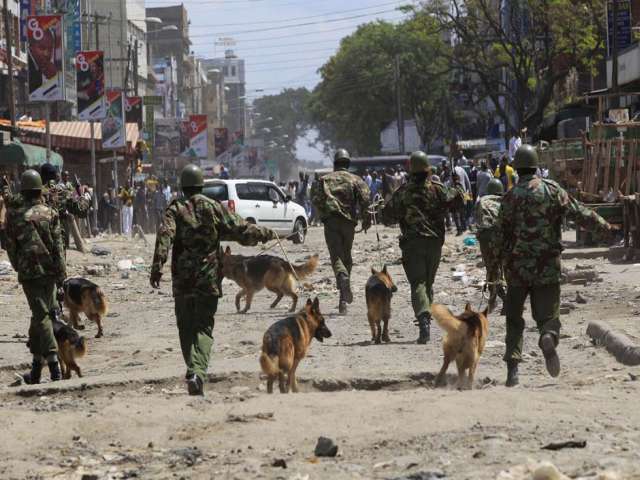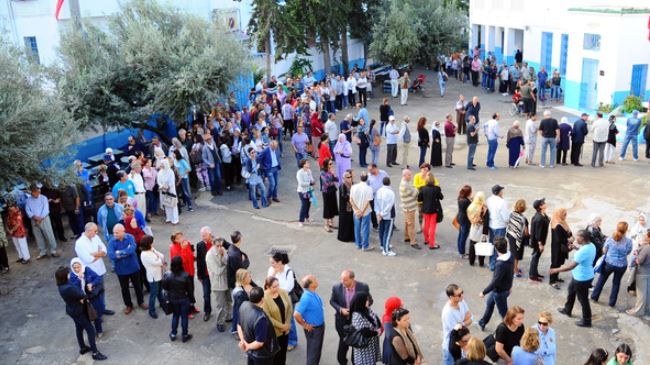Hundreds protest against curfew after attacks in Kenya


NAIROBI — Hundreds of Kenyans protested yesterday against a four-month government curfew imposed on the coastal county of Lamu after gunmen killed about 100 people there this year, authorities and residents said. The government last week extended a dusk-to-dawn curfew until the end of November, saying it was meant to help police provide security in the region close to southern Somalia.
But residents say it has further damaged trade and fishing which was already suffering after the attacks near Lamu, an ancient trading port and tourist resort which lies in an area of Kenya where local communities have a history of conflict over land, water and other resources.
Protesting youths threw rocks at those who opened their businesses yesterday, demanding they join the protests.
“We’ll demonstrate. We’ve also frozen all business activities. No shop will be opened and no boats will be available to ferry people from this island beginning today until the curfew is lifted,” Ali Lali, 27, a protester, said.
Kenyan police dispersed the protesters but many shops, hotels, offices and public transport remained closed.
An imam who helped organise the protests said the curfew was hurting the local economy.
“(Many) local hotels and businesses have closed down and thousands have lost jobs,” Salim Ramadhan said.
“The crime rate has gone up because people can’t even go fishing, and yet fishing is the key source of livelihood here.”
Lamu County Governor Issa Timamy said protesters were calling on the government to lift the curfew in areas that had not come under attack.
“A blanket curfew across the whole of Lamu is unfair because some of the areas are safe. The curfew should be lifted in these safe areas so that locals can work and earn their living,” Timamy said.
Authorities in Lamu county said the curfew would remain to improve security. — Reuters.










Comments